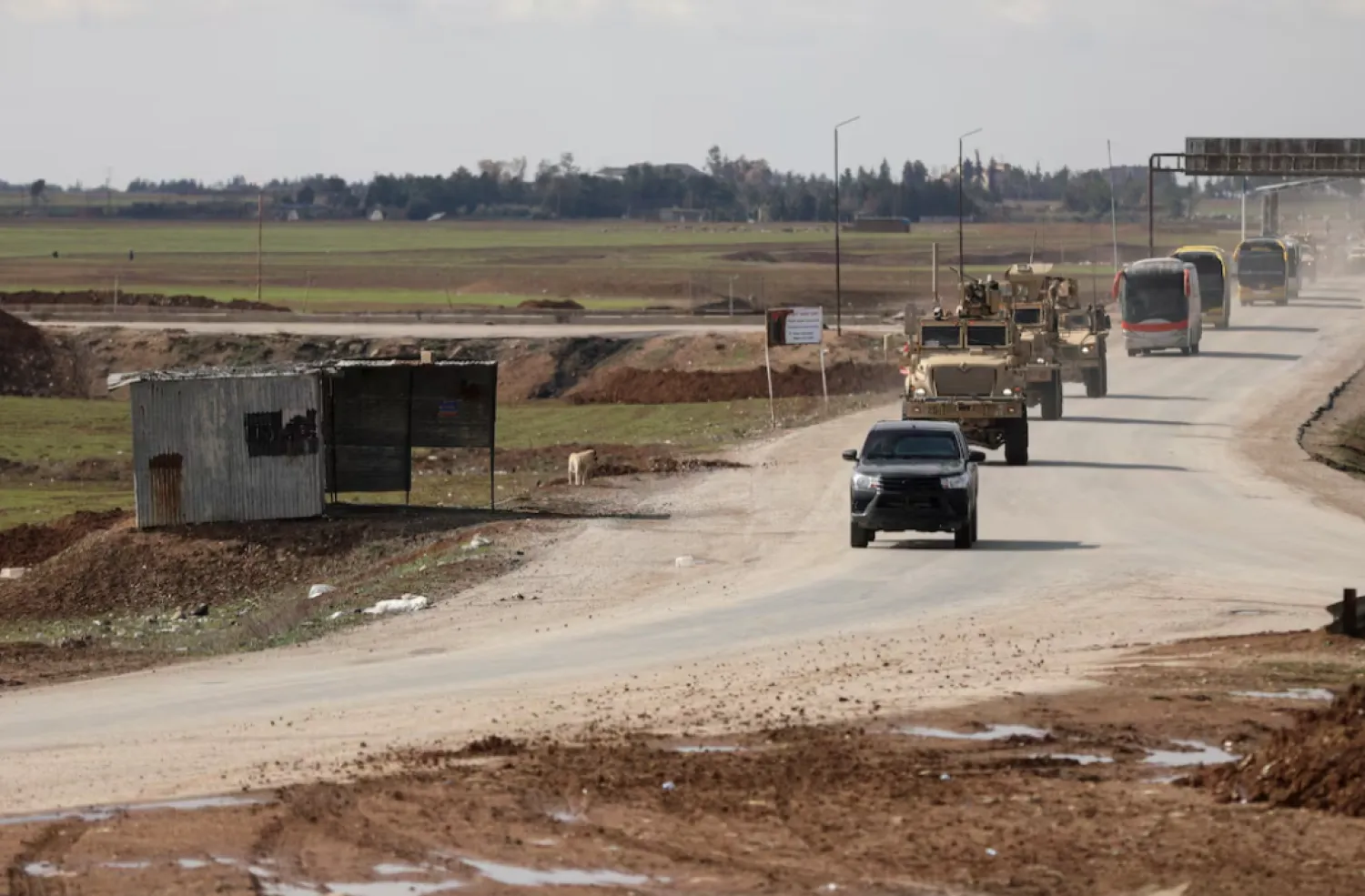Scores were reported killed in overnight strikes across the Gaza Strip on Sunday, after Hamas said it needed more time to consider a proposal that would halt its war with Israel in the besieged Palestinian territory.
Gaza's Hamas-run health ministry said early Sunday that at least 92 people had been killed overnight, including in what the group's media office said was an Israeli bombardment of a kindergarten in Rafah where displaced people were sheltering, AFP reported.
Concerns over a potential Israeli ground incursion into the southern border city have mounted in recent days, with hundreds of thousands of displaced seeking refuge from the fighting there in makeshift shelters and encampments.
Many made the journey from even harder-hit areas after being told the city was a safe zone, but strikes have continued there as well, with mourners gathering outside a local hospital Saturday to pray for the dead after another bombardment.
"The children were just sleeping and suddenly the bombardment happened. The bedroom fell on my children. God took one of my children and three escaped death," Ahmad Bassam al-Jamal told AFP, his voice breaking. "My child now is a martyr in heaven."
The city that had been home to 200,000 people now hosts more than half of Gaza's population, the United Nations said.
A representative of the UN humanitarian agency OCHA has called Rafah "a pressure cooker of despair", expressing concern for what might happen next.
Israeli Defence Minister Yoav Gallant warned on Thursday that the military -- which began its ground invasion in the territory's north and has gradually advanced south -- "will also reach Rafah".
Civilians who fled to the city have been pushed up against the border with Egypt, trying to avoid areas exposed to bombardment and fighting in nearby Khan Yunis.
"We are exhausted," said displaced Gazan Mahmud Abu al-Shaar, urging "a ceasefire so that we can return to our homes".
Push for a deal
International mediators are making a full-court press to seal a proposed truce deal thrashed out last week in Paris.
But a top Hamas official in Lebanon, Osama Hamdan, said on Saturday that the proposed framework was missing some details.
Hamas needed more time to "announce our position", Hamdan said, "based on... our desire to put an end as quickly as possible to the aggression that our people suffer".
The war in Gaza was sparked by Hamas's unprecedented October 7 attack on Israel, which resulted in the deaths of about 1,160 people, mostly civilians, according to an AFP tally based on official figures.
Hamas also seized around 250 hostages, and Israel says 132 remain in Gaza, including at least 27 believed to have been killed.
Vowing to eliminate Hamas, Israel launched a massive military offensive that has killed at least 27,238 people in Gaza, mostly women and children, according to the Hamas-ruled territory's health ministry.
US Secretary of State Antony Blinken will make his fifth crisis visit to the Middle East in the coming days to push for the truce proposal, the State Department has said, and French Foreign Minister Stephane Sejourne is also making a pass through the region, according to a spokesman.
A Hamas source has said the proposal involves an initial six-week pause that would see more aid delivered into Gaza and exchanges of some Israeli hostages for Palestinian prisoners held in Israel.
Hamas's leader Ismail Haniyeh has said any ceasefire must lead to "a full withdrawal" of Israeli troops from Gaza.
Domestic pressure
The Israeli government's inability to secure the hostages' release, as well as the intelligence failures that allowed the October 7 attacks to happen in the first place, have led to harsh criticism of Prime Minister Benjamin Netanyahu's government.
Hundreds rallied on Saturday night in Tel Aviv at protests calling for early elections and to demand action to free the remaining hostages.
Demonstrations were also held in the northern Israeli port of Haifa and near Netanyahu's Jerusalem residence.
In Tel Aviv, anti-government protester Michal Hadas told AFP that dragging out the conflict only served the interests of government officials, "because as long as the war continues there will be no election".
At the rally for hostages' families, Carmit Palty Katzir, sister of captive Elad Katzir, called for swifter action.
"Every second a deal is not closed, the price goes up. The number of hostages who won't return alive goes up. The number of soldiers risking their lives without a clear plan for the day after goes up," she said.
Fresh Yemen strikes
The war has sent regional tensions soaring, with a surge in attacks by Iran-backed groups in solidarity with Gaza triggering counterattacks by key Israel ally the United States.
The United States and its coalition partner Britain said they struck dozens of targets in Yemen on Saturday night in response to repeated attacks on shipping by Iran-backed Houthi rebels.
US forces also struck an additional anti-ship missile in Yemen on Sunday morning that the US Central Command said was ready to be launched towards the Red Sea.
The joint air raids came after a separate wave of unilateral American strikes against Iran-linked targets in Iraq and Syria that were carried out in response to the killing of three US soldiers in Jordan on January 28.
The Israeli army, meanwhile, said on Saturday that it had struck more than 3,400 Hezbollah militant targets across southern Lebanon since the start of
the war, as well as more than 50 targets linked to the Iran-backed Hamas allies in Syria.
Scores Killed in Overnight Strikes as Hamas Weighs Gaza Truce Proposal

Concerns over a potential Israeli ground incursion into Rafah have mounted in recent days. Mohammed ABED / AFP

Scores Killed in Overnight Strikes as Hamas Weighs Gaza Truce Proposal

Concerns over a potential Israeli ground incursion into Rafah have mounted in recent days. Mohammed ABED / AFP
لم تشترك بعد
انشئ حساباً خاصاً بك لتحصل على أخبار مخصصة لك ولتتمتع بخاصية حفظ المقالات وتتلقى نشراتنا البريدية المتنوعة







